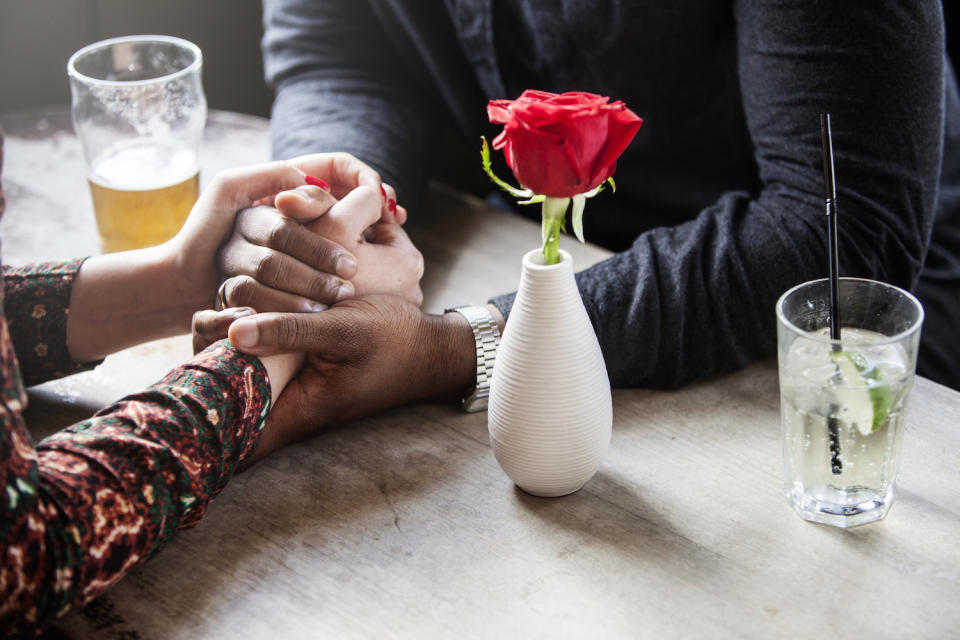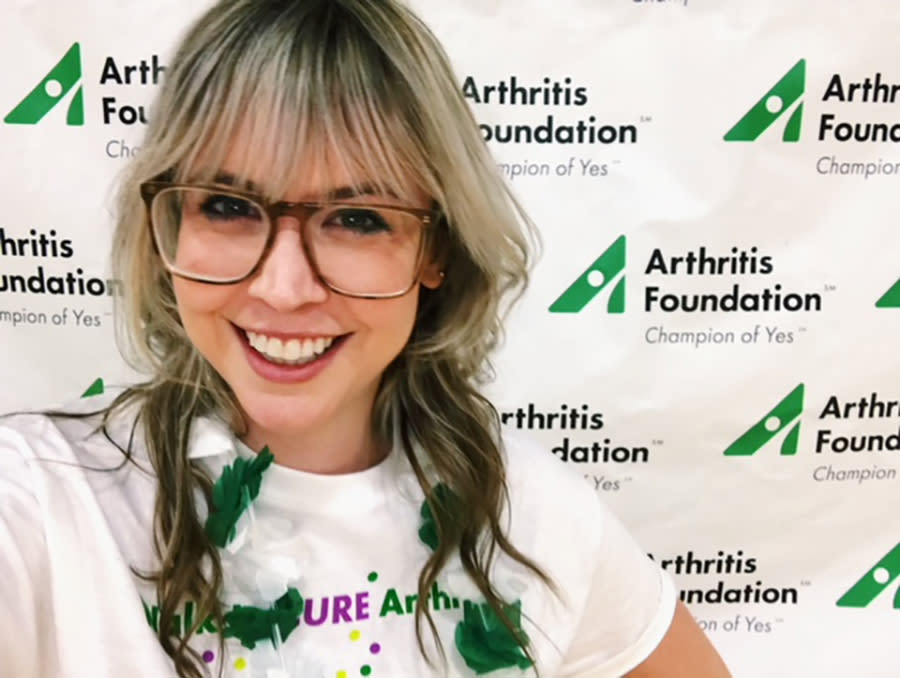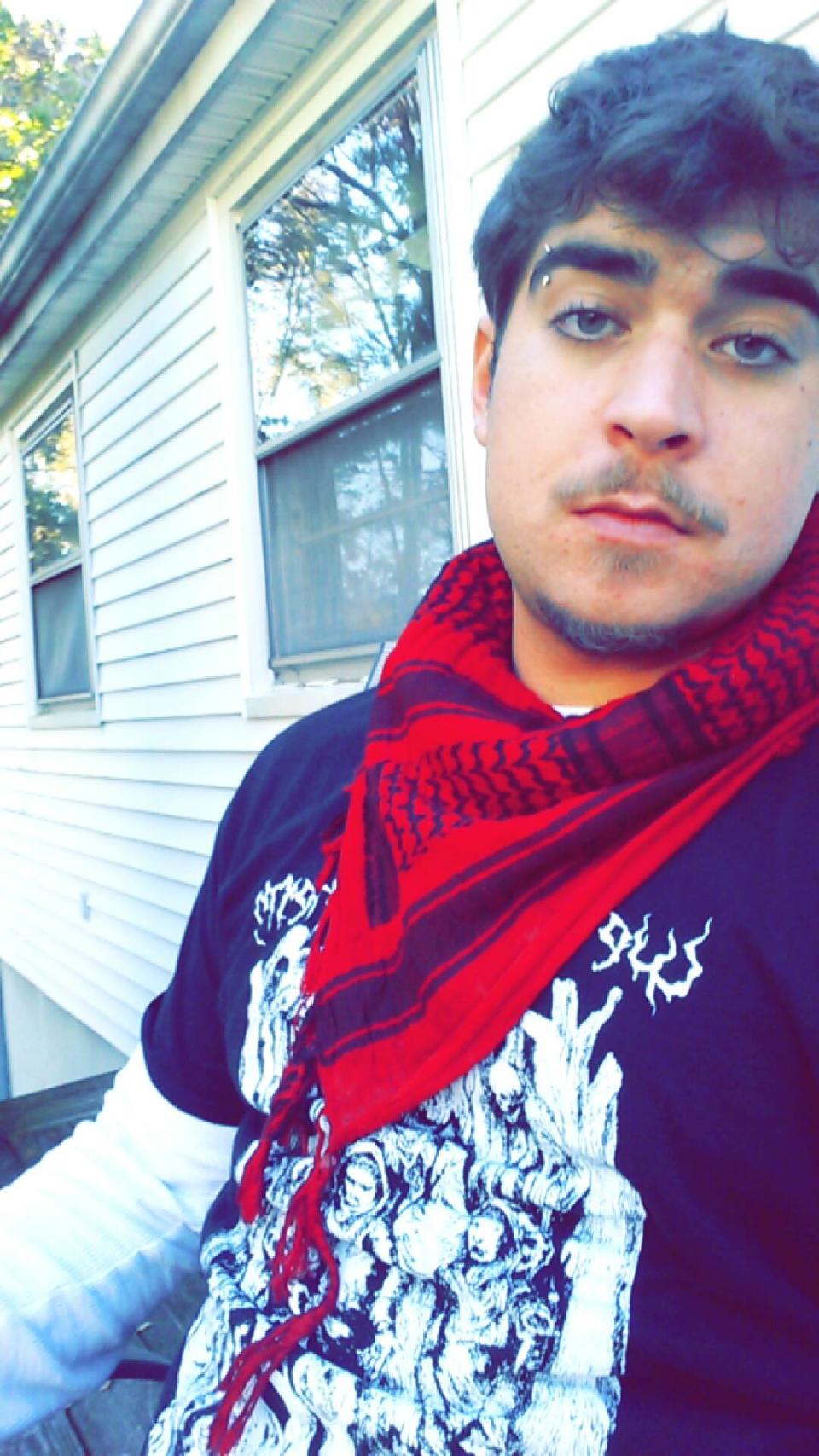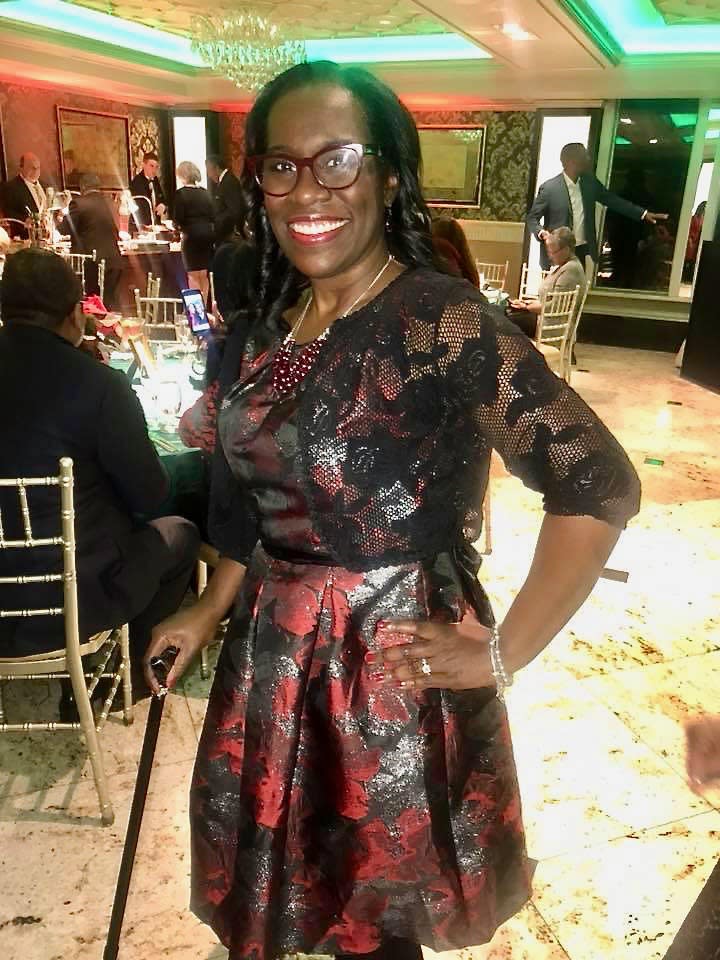Dating with a chronic illness: 'If they reject me just because I have arthritis, then they're not worth my time and effort anyway'

Dating is tricky enough without throwing in a diagnosis of a chronic autoimmune disease, such as rheumatoid arthritis or multiple sclerosis. But that hasn’t stopped many people with these conditions from finding — and falling head over heels in love with — the right partner for them.
Four folks who have been in the dating trenches share their stories — including why having a chronic illness helped them find their soulmates and made their relationships even stronger. Here, four things they want you to know.
It’s hard to admit your limitations.
The most difficult part of dating for Stephanie Aleite, 27, when she was single was being put in situations where she couldn’t do something because of her rheumatoid arthritis, which affects about 1.5 million people in the U.S., according to the Arthritis Foundation. “I had one date where the guy wanted us to go to the Everglades National Park to go hiking and bike riding, and I knew my body wouldn’t be able to withstand that,” she shares with Yahoo Lifestyle.
While her date was gracious, she still felt humiliated. Then, a couple of years later, she went on a first date with her now-husband, Santiago, to a park. “As soon as we approached a huge outdoor staircase, I panicked,” she recalls. She confessed to Santiago that she had rheumatoid arthritis and the stairs would be difficult to manage. The next thing she knew, he had swept her up in his arms and was gallantly carrying her down the steps. “That’s when I knew he was a keeper,” she laughs.

Potential beaus don’t always “get” it.
When Meg Maley, 28, first told her boyfriend Mike that she had psoriatic arthritis, he was bewildered and blurted out, “I thought only ‘old’ people get arthritis!” “He was confused about my PA and not sure what it meant,” Maley tells Yahoo Lifestyle. “He kept Googling things until finally I said to him, ‘If you have questions, come to me and ask me directly.’ This way, he didn’t get misinformation online, and we kept communication between the two of us open.”

But others haven’t been quite so lucky. Sean Ritz, 25, a public relations executive in New Jersey, remembers one disastrous date when he had to bail out of rock climbing because of his achy joints. “It was raining, which always affects my RA,” he tells Yahoo Lifestyle. “We started climbing up the rock wall, and after a few minutes I realized I couldn’t handle it.”
Even after he’d explained to his date that he had rheumatoid arthritis, she didn’t believe him. “She just thought I was afraid to climb the rock wall and didn’t want to admit it,” he says.

It’s a good way to separate the wheat from the chaff.
While the consensus among many people with an autoimmune disease is that you don’t want to share too soon, there are advantages to getting it out in the open early. “I used to tell people even before our first date, because I viewed the disclosure as a test: If they reject me just because I have arthritis, then they’re not worth my time and effort anyway,” says Aleite.
She would often volunteer that information in the early stages of getting to know someone via text messaging: “If I was asked what my hobbies were, for example, I’d mention that since my RA was flaring up, I was trying to avoid activities like biking that would put a lot of strain on my knees,” she says.
Finding someone with empathy is key.
Kai Brown, a 46-year-old television marketing consultant in Edgewater, N.J., who’s grappled with multiple sclerosis over the last two decades, ended a relationship after a boyfriend showed his true colors during dance class. “We both loved to dance, but as my MS worsened, I had trouble coordinating my legs and wasn’t able to do some of the moves,” she shares with Yahoo Lifestyle. “He actually had the nerve to say to me, ‘You can’t do this, so I’m going to find someone else, and waltzed off to dance with another partner.’”
Ten years later, Brown is celebrating her engagement to a man who shares her same values, including compassion. “When we went to my college homecoming football game this fall, he actually bought a wheelchair to make it easier for me to get around,” she says. “He looks out for me even more carefully than I do for myself.”

Aleite can relate to Brown’s experiences. “Before I met my husband, a lot of guys I’d date would dismiss me when I’d say I needed to scale an activity back, saying something like, ‘Nothing’s going to happen if you walk an extra mile,’” Aleite says. “I was like, um, yes it will — I will be up all night in pain and won’t be able to fall asleep.”
But she’s never experienced that lack of understanding with her husband, Santiago. Besides outdoing himself on their first date by carrying her down the park stairs, he’s never pushed her to do more than she’s comfortable with. “Anytime I’ve ever had to tell him I need to slow down, he’s listened, and sometimes he’s even urged me to take a break if he’s worried I’m overdoing it,” Aleite says.
Ritz agrees. “I’ve been in a relationship for two years with my partner, Marisa, and she always seems to ‘get’ it when I tell her I’m tired or I’m not feeling well,” he says. “When I get home after a long day of work, sometimes I’m so exhausted, all I want to do is sink into bed and chill. She’s never given me a hard time about that, unlike other women I’ve dated.”
The formula in many of these successful relationships is the ability of the partner, who doesn’t have the autoimmune disease, to offer help even before it’s requested. “Mike knows I’m proud, and I often won’t ask for assistance, even if I need it,” Maley says. “But Mike knows I have trouble with my hands each time I have an RA flare, so I’ll come home and find water bottles opened up all over the house.”
Read more from Yahoo Lifestyle:
Follow us on Instagram, Facebook and Twitter for nonstop inspiration delivered to your feed, every day.

